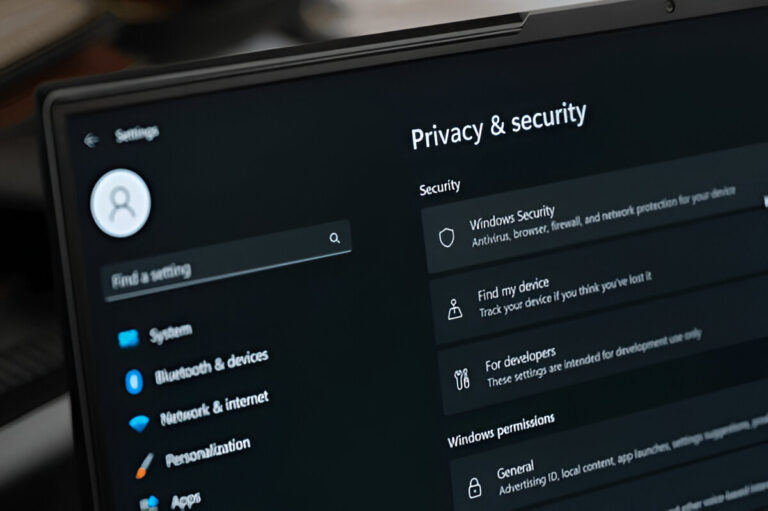Windows quickly offers numerous extraordinary features. However, privacy is sometimes associated with it. Although some users want to disable these settings, others find them helpful. What you’ll see below is a Windows features survey that can be regarded as a serious invasion of privacy, yet they are notoriously comfortable and efficient.
1. Location Services
Enabling this feature on Windows will be the same benefit as on smart devices that help people in their daily lives. Using it will be the providing of:
- Accurate weather updates and time zones display
- Get location-based search results and access services.
- Track your laptop in case you lost it using Find My Device.
- Automatically adjust the region by every app or stream the service content you want to visit.
Keep this feature on if you are a frequent user or genuinely believe that auto-location-based adjustments can be helpful to you. However, this will also drain your mobile energy.
2. Shared Experiences
It is a feature that allows the user to continue his job on his PC or other devices without interruption. Among the nice features which it carries with it are:
- Nearby Share for quick file transfers between two devices.
- Phone Link for notifications, messages, and other communications to be delivered to both phones and PCs.
- Around-the-clock sync of emails, browsing history, and other data over Microsoft apps and devices.
Microsoft was accused of enabling this by default, while the other side defended itself by declaring that it is a tool for those who want their laptops, tablets, and smartphones to be in sync.
3. Content Search & Content History
Windows scans your files so that you can find them easily, and thus, the implementation of:
- Content Search to look for specific keywords and to check documents
- Content History is used to recall frequently searched items and use them again.
- Artificial intelligence-based searches of past activities on your computer.
- Retrieval of files, websites, etc., that users have seen in the past.
- Manufacturer and model, besides the hardware components of the machine, as well as the Windows version.
- Windows application usage statistics provide input for the Windows models to enhance further.

4. Windows Recall
Privacy-wise, Windows Recall is one of the debatable capabilities that offers scheduled snapshots of activities. The application limits performing:
- AI-powered searches through past activities.
- Quick retrieval of documents and web pages you previously viewed.
Concerning the unenthusiastic opinion about privacy breaches due to security vulnerabilities, Microsoft has, in return, supported its product by adapting to improving industry standards.
5. Sharing Diagnostic Data
Windows system gathers diagnostic data, among which are:
- Device model, hardware specs, and Windows version.
- App usage patterns to enhance Windows features.
Whereas this information is really beneficial to Microsoft when it comes to constantly improving its services, people can visit the privacy settings page to manually change their privacy parameters. This means that they can only share the data they find necessary and limit the rest.
Should You Enable These Features?
The use of easy-to-use facilities can significantly spread information. People can learn because the features provide education in choosing the OS option that is better for them.

